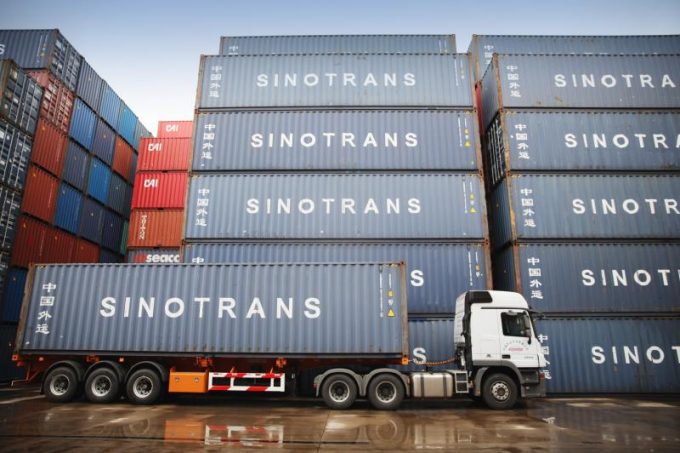DVZ radar: Dachser CEO's plans – digitisation, acquisitions and positioning
…and how the forwarder can avoid the tariff traps

China Merchants Energy Shipping (CMES) said on Friday it would enter the container segment by fully acquiring its affiliate, Sinotrans Container Lines (Sinolines), for $316m.
CMES, the second-largest Chinese state-controlled shipping group after China Cosco Shipping Corporation, is currently active in the crude oil tanker and dry bulk segments and in LNG shipping through a joint-venture with Cosco.
Both CMES and Sinolines are majority owned by state-owned China Merchants Group, which acquired the Sinotrans group in April 2017, as the Chinese government ...
Asia-USEC shippers to lose 42% capacity in a surge of blanked sailings
USTR fees will lead to 'complete destabilisation' of container shipping alliances
Outlook for container shipping 'more uncertain now than at the onset of Covid'
New USTR port fees threaten shipping and global supply chains, says Cosco
Transpac container service closures mount
DHL Express suspends non-de minimis B2C parcels to US consumers
Zim ordered to pay Samsung $3.7m for 'wrongful' D&D charges
Flexport lawsuit an 'undifferentiated mass of gibberish', claims Freightmate

Comment on this article